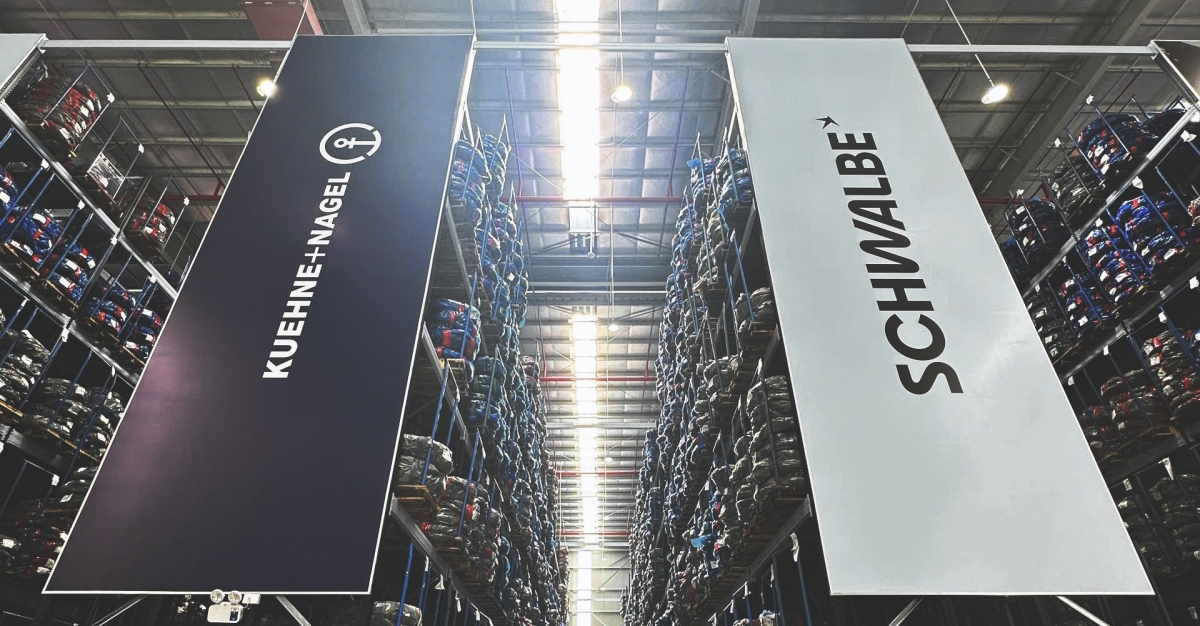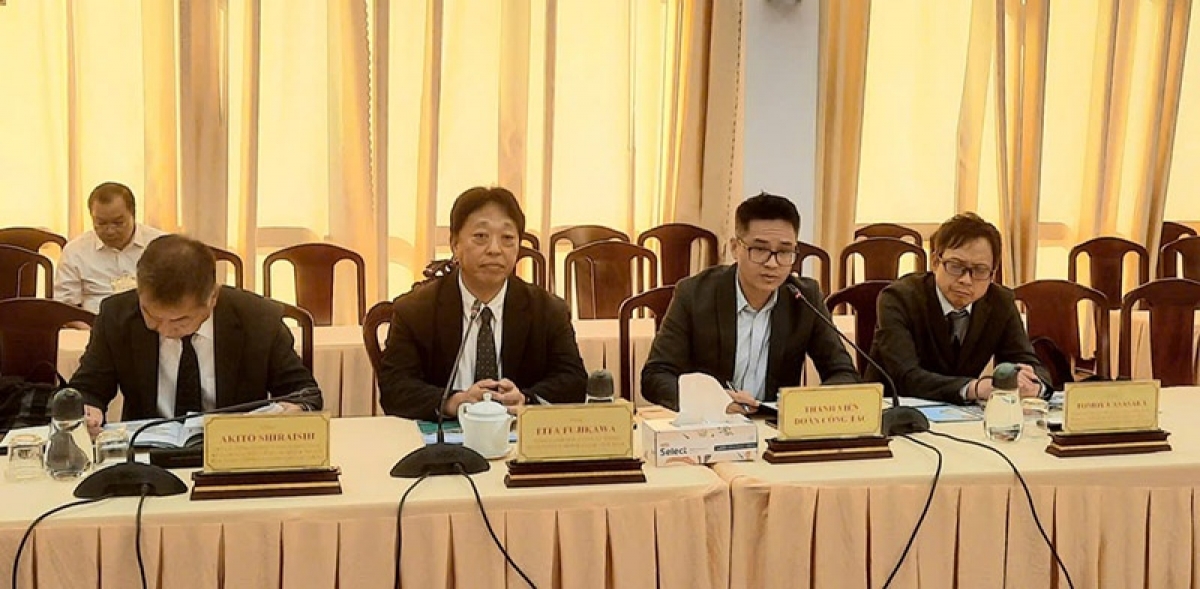INTERNATIONAL INVESTMENT
AND PORTAL
The manufacturing and processing sector is attracting major investment from abroad, thanks to the expansion of key conglomerates, especially from South Korea.
With total revenues of about $16.2 billion and profit of $400 million last year, Hyosung Group, which works in textiles and garments, industrial materials, IT, construction, and chemicals, has expressed its plan to expand operations in Vietnam.
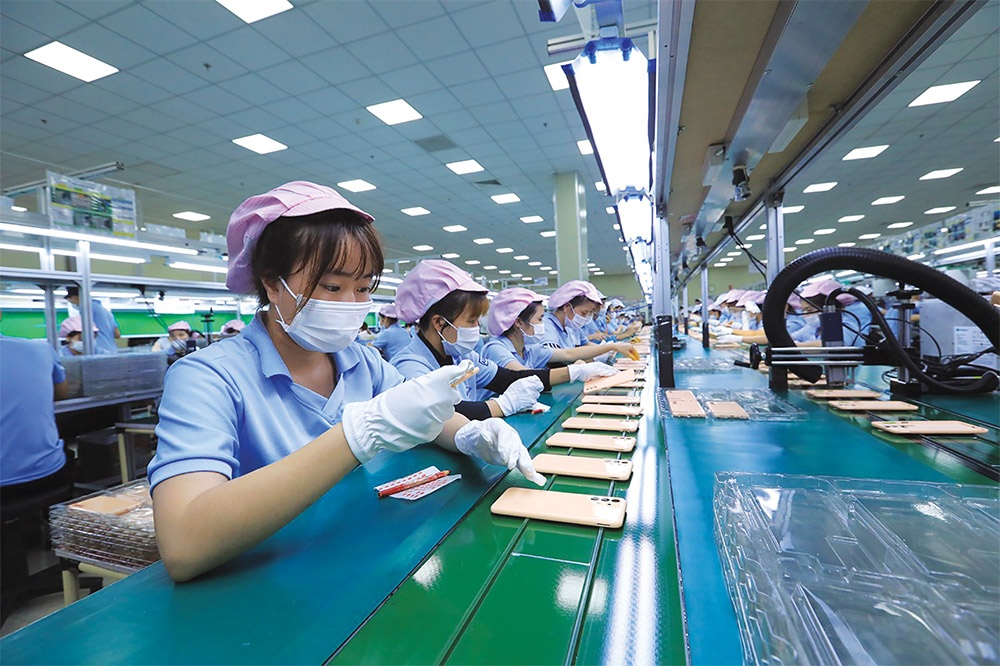 Conglomerates aid foreign manufacturing investment, illustration photo/ Photo Le Toan
Conglomerates aid foreign manufacturing investment, illustration photo/ Photo Le Toan
Hyosung chairman Cho Hyun-joon told Prime Minister Pham Minh Chinh last week that the company wants to invest more in Vietnam in these areas with a large volume of capital.
Hyosung is also planning to build a $300 million data centre in Ho Chi Minh City. According to the plan, the group will build a data centre with a scale of 1,500-4,000 racks meeting international standard to serve hyper-scale partners.
The project is a part of the plans to inject an additional investment of $2 billion into Vietnam in 2024. In addition, Hyosung is looking to invest in a factory manufacturing ATMs in Vietnam, as the company is the world’s third-largest ATM manufacturer.
Currently, Hyosung Core Materials is constructing a $550 million project to produce carbon fibre at Phu My 2 Industrial Park in the southern province of Ba Ria-Vung Tau, which is set to become operational next year. The project was licensed in October 2023.
In March, Hyosung TNC received approval for a project worth $730 million from Ba Ria-Vung Tau People’s Committee to build the largest bio-spandex factory in Vietnam.
Vice chairman Lee Sang Woon said, “Hyosung considers Vietnam a strategic market. The group will not only scale up its operation but wants to turn Vietnam into a sustainable investment destination. We look forward to setting up the company’s future for the next 100 years in Vietnam via expanding operations in southern localities.”
Beginning operations in Vietnam in 2007, Hyosung has invested nearly $5.1 billion here with eight companies and one branch. Its total employee number in the country is about 9,000, with revenues last year hitting $3.5 billion.
The contribution of conglomerates such as Hyosung has contributed to maintaining the growth momentum of foreign direct investment (FDI) capital in terms of the manufacturing and processing sector.
In the first half of 2024, the sector saw the largest amount of FDI at $6.83 billion, accounting for 71.6 per cent of the total disbursed in the country in the period.
The manufacturing and processing activities of foreign-invested enterprises (FIEs) contributed a key part in the total export turnover of the country. The statistics published by the General Statistics Office of Vietnam showed that in the first half of the year, the total export value from FIEs was $123.45 billion, up 13.2 per cent on-year (equalling $14.42 billion), accounting for 72 per cent of the total export turnover of the whole country.
The investment inflows into the manufacturing and processing sector will be consolidated by the commitments from big groups which have been in Vietnam.
During last week’s meeting with PM Chinh in South Korea, Samsung Electronics executive chairman Lee Jae Yong said that Samsung planned to invest “heavily” in Vietnam over the next three years. Samsung Electronics’ CFO Park Hark-kyu in May revealed a plan to invest about $1 billion in Vietnam annually while meeting with PM Chinh.
“Vietnam’s success is Samsung’s success. Samsung Electronics has undertaken a long-term commitment to Vietnam, including the expansion of the local supplier network,” said Yong.
Samsung has already invested $22.4 billion in Vietnam so far and incorporated over 300 Vietnamese companies into its supply chain, a more than 12-fold increase from 2014.
Vietnam now produces half of Samsung smartphones and, last year, total exports of Samsung in Vietnam hit $55.7 billion. The group has expanded local operations from manufacturing plants for smartphones to research and development facilities and, more recently, it has been helping local businesses join its global production and supply chain network.
Samsung is currently the largest FIE in Vietnam, with four plants in Bac Ninh, Thai Nguyen, and Ho Chi Minh City. Mobile phones produced in Vietnam account for over half of Samsung’s global production, with exports expected to increase by more than 10 per cent this year from 2023.
In the framework of the meeting with the Vietnamese PM in South Korea, other conglomerates such as CJ Group, POSCO Holdings, and LG Display also committed to pour additional billions of US dollars into Vietnam as their long-term investment strategies.
In particular, LG Group has invested about $8 billion in the northern port city of Haiphong. Seven projects are valued at over $7 billion, and 50 satellite businesses boast the total investment capital of nearly $1 billion. Over $5 billion has been disbursed so far.
Cheol-Dong Jeong, CEO of LG Display, said that the company’s total revenue in 2023 is estimated to have been $14 billion, and it will invest another $3 billion in Vietnam over the next three years.
Meanwhile, the northeastern province of Quang Ninh on July 3 approved projects run by Foxconn Singapore to deploy in Song Khoai Amata Industrial Park and DEEP C Quang Ninh 2 Industrial Zone.
The smart entertainment product project in Song Khoai Amata will cost $263.7 million and has a design capacity of 4.18 million products per year. Meanwhile, the smart system project at DEEP C Quang Ninh 2 is worth $287 million and will make 8.78 million products annually. According to the investment certificates, the two projects will complete construction by July 2026 and go into official production in May the following year.
In June, Foxconn Singapore also received the go-ahead for a FCPV Foxconn Bac Ninh project worth $383 million. The factory will specialise in manufacturing and assembling circuit boards, with a total capacity of almost 2.8 million items per year.
Nguyen Lam Thanh, policy director, TikTok
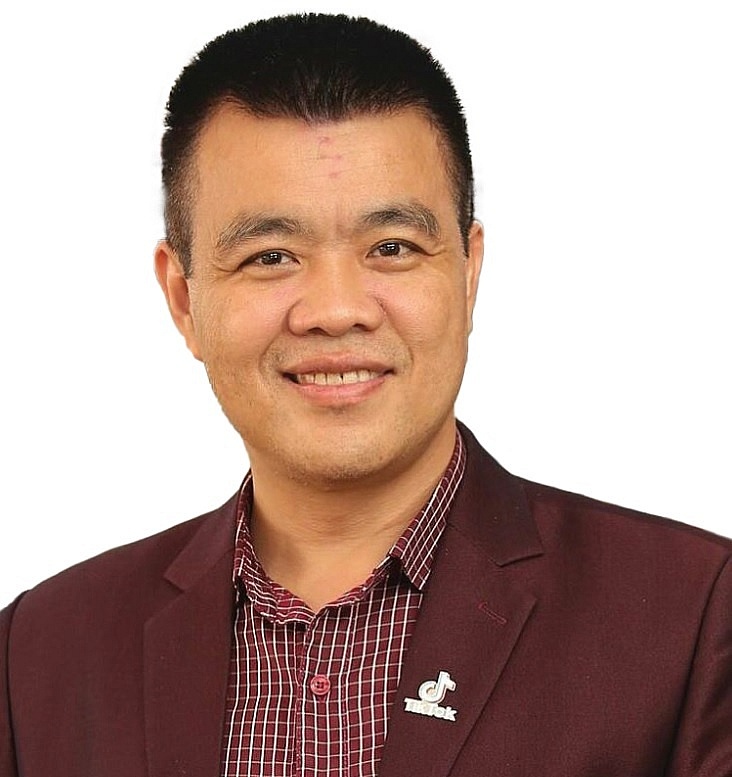
The potential of the online retail market in Vietnam has changed a lot as the majority of consumers increasingly prioritise value over price when shopping.
According to the Shoppertainment Report 2024 on Asia-Pacific consumption and commerce, conducted by Accenture, published by TikTok, about 79 per cent of Asia-Pacific consumers are attracted by non-promotional contents, while only 21 per cent of users said they were influenced by promotions when considering shopping.
Topics such as product benefits, real-life reviews, descriptions and simulations of product applicability in real-life situations are considered more useful for consumers’ research, consideration, and decision-making process.
Faced with major changes in consumer behaviour, TikTok hopes to bring content-based commercial activities to the community, creating conditions for brands to find ways to interact with consumers to both bring the best deals, while delivering enjoyable, seamless, and uninterrupted experiences throughout the shopping journey.
With advantages in content, commerce and community, TikTok Shop provides a comprehensive ecosystem where brands and businesses can connect with creators to find the right direction, thereby improving growth. Through sales forms such as livestream, shopping tabs, and affiliate marketing, TikTok Shop has recorded many outstanding growth milestones.
In 2023, the total good merchandise value through the search feature on Shop Tab increased 32 times; the number of sellers maintaining stable value rose three times; the number of viewers on live sessions and short videos climbed 12 times.
The past two years have also witnessed impressive revenue growth of sellers in typical product categories such as mother and baby, electronics, household appliances, and others.
Wataru Nakano, general director, Isuzu Vietnam
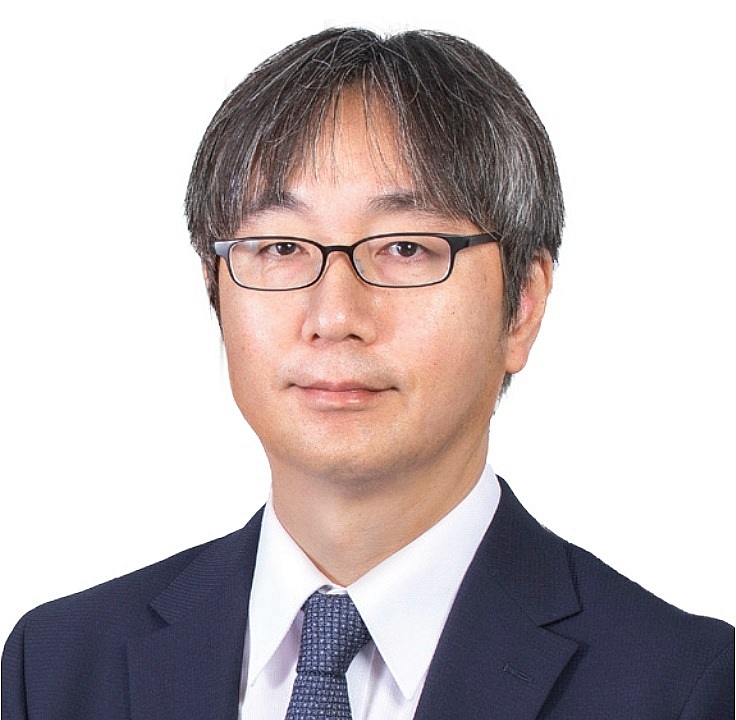
Although the total market demand situation decreased by 14 per cent in the first months of 2024, Isuzu Vietnam still maintained a bright spot of 3.8 per cent sales volume growth compared to the same period in 2023 in the commercial vehicle business segment.
However, in the pickup truck and SUV segment, the results did not show many positive signs in the first four months of the year.
The economic downturn severely affects most businesses, and we are no exception. But we would like to collaborate with logistics companies to overcome this tough situation.
We place top priority on customer support with the aim of supporting vehicle uptime maximisation. As a result, it supports optimising customer operations in the logistics business.
We also appreciate the Vietnamese government’s legal reforms so far that have supported the automobile industry to flourish in Vietnam. We have been voicing our opinion through the Vietnam Automobile Manufacturers Association, especially the current technology and environment of the industry.
Poovathungal Itteera Roy, deputy general director of Energy Schneider Electric Vietnam
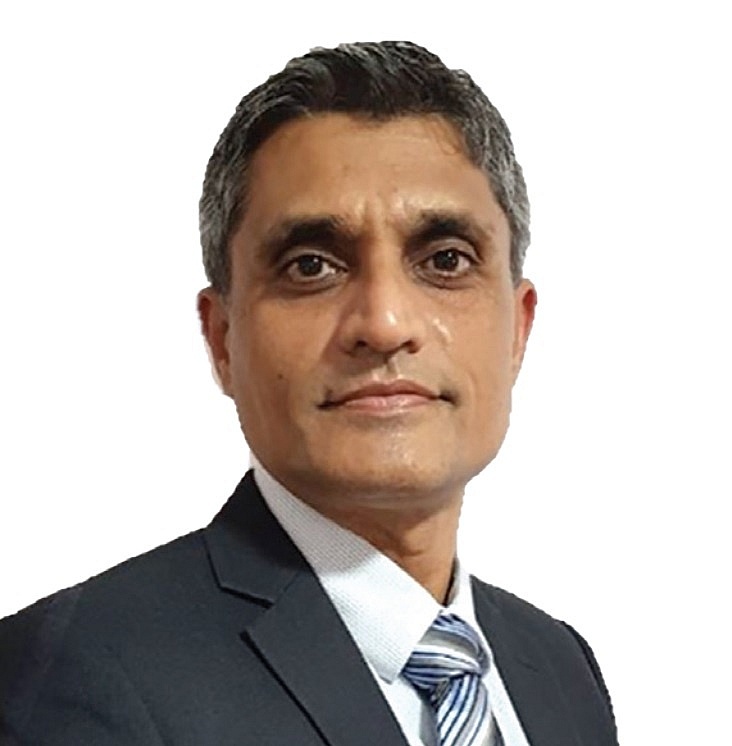
2024 marks 30 years of Schneider Electric’s sustainable development journey in Vietnam, and we will continue to empower the community to make the most of the world’s energy and resources.
Sustainability is at the core of everything we do. Our sustainability commitment for 2021-2025 focuses on achieving environmental, social, and governance targets as well as carbon neutrality by 2025, boosting our efforts towards fighting climate change and social inequality, and fulfilling local commitments.
Through automation, digitisation, and electrification, we ensure a stable supply of green energy. Schneider’s operations were powered by renewables, enabled by Schneider’s own technologies and leveraging renewable power purchase agreements (PPAs).
Companies can ensure a sufficient green energy supply for manufacturing processes through various means, such as investing in on-site renewable energy generation, entering into PPAs for renewable energy, and collaborating with local utilities and renewable energy providers. These approaches can help address current challenges related to renewable energy procurement and support the transition towards sustainable and green manufacturing.
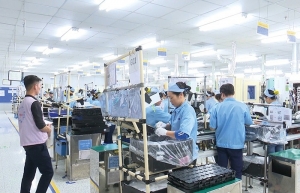 Manufacturing and processing driving Thai Nguyen
Manufacturing and processing driving Thai Nguyen
Thanks to the efforts of the leadership, the business community, and local residents in implementing the government’s targets on pandemic containment and socioeconomic development, the northern province of Thai Nguyen has posted upbeat achievements in the year to date.
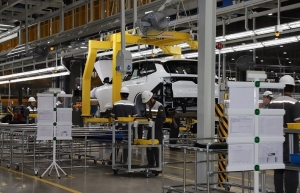 Haiphong: Manufacturing and processing industry to empower growth
Haiphong: Manufacturing and processing industry to empower growth
The year 2021 has been the second year that Haiphong implemented the dual target of economic development and disease prevention. The industrial sector made the chief contribution, with processing and manufacturing being the driving force.
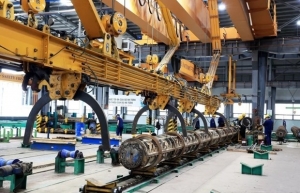 Hanoi ranks first for foreign investment registered in 2024 so far
Hanoi ranks first for foreign investment registered in 2024 so far
Hanoi attracted a total of $914.4 million in foreign investment during the first two months of 2024, including 27 newly-licensed projects with $869.8 million, 17 projects receiving additional investment of $9.1 million, and 21 instances of foreign investors contributing capital or purchasing shares, totalling $35.45 million.
By Nguyen Kim






